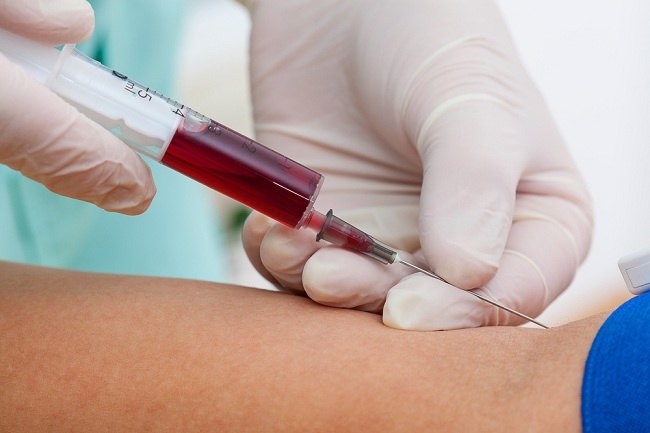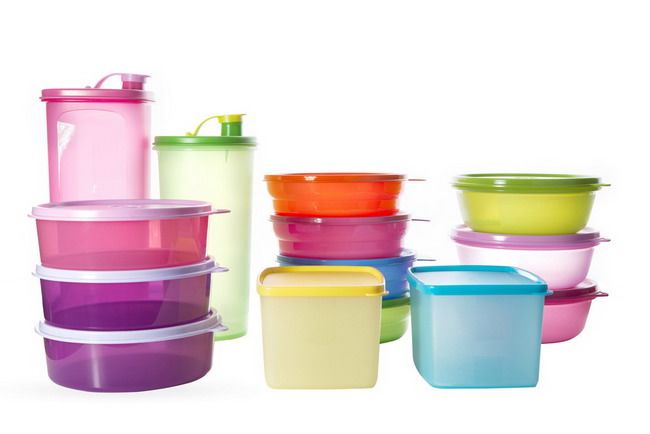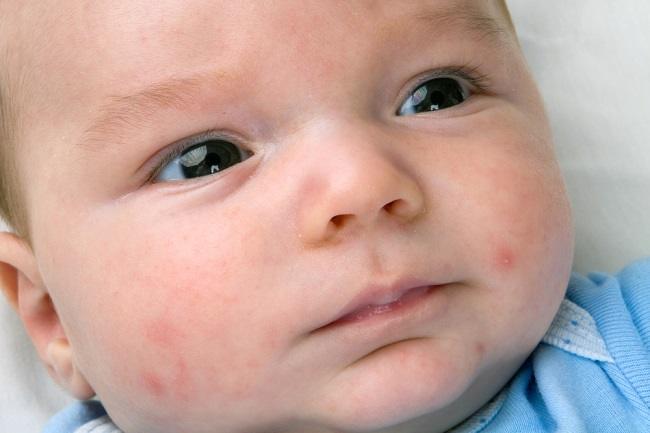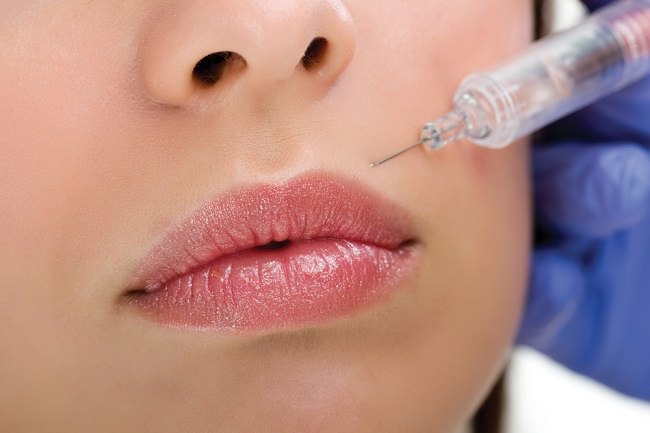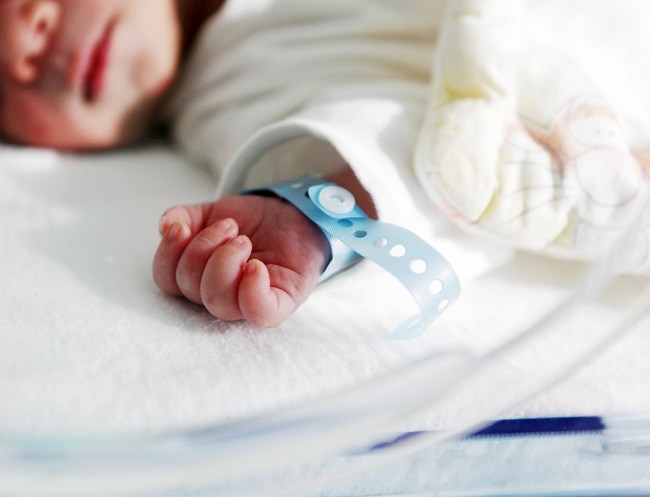Application physical distancing and restrictions on activities outside the home since the COVID-19 outbreak have stopped many blood donation activities. This causes the blood stock at the Indonesian Red Cross (PMI) to decrease drastically, even though the need for blood transfusions has not decreased.
The Corona virus that causes COVID-19, also known as SARS-CoV-2, is a virus that attacks the respiratory system. This virus can be transmitted if a person directly inhales the splash of saliva released by a COVID-19 patient when sneezing or coughing.

Apart from splashing saliva, the Corona virus can also enter a person's body if the person touches an item that has been contaminated with this virus and then touches the nose, mouth, or eyes without washing their hands first.
Until now, there are no case reports that say viruses that attack the respiratory system, including the Corona virus, are transmitted through transfusions or blood donations.
Donating blood during the COVID-19 outbreak is actually nothing to worry about because the procedure for donating blood has been regulated and made as safe as possible.
Why Need Blood Donation?
Even though the whole world is currently talking about COVID-19, there are many other diseases that also require treatment and many of these diseases require blood transfusions. Not to mention accident victims or mothers giving birth who experience bleeding.
In addition to the absence of evidence of transmission through blood transfusions, the donated blood will not be directly given to the donor recipient. The blood will go through several processes of examination, screening, and component separation so that it is safe to be given to people in need.
In South Korea, there was a study of several COVID-19 patients who happened to donate blood shortly before they were diagnosed. The donated blood was examined and no Corona virus was found in it, so it could still be given to the donor recipient.
Even so, people with COVID-19 and people suspected of being infected with the Corona virus or experiencing symptoms are not allowed to donate blood, because this virus can be found in the blood, even if only in small amounts. However, for people who are healthy and not at high risk of being infected with the Corona virus, there is no reason not to donate blood.
The Indonesian Red Cross (PMI) has also issued a protocol to keep blood donors safe in the midst of the Corona virus outbreak. According to the protocol, people who are going to donate blood need to do the following:
- Do a body temperature check first
- Wash hands properly with soap and running water
- Undergo a medical check-up by a doctor
- Undergo checking hemoglobin (Hb) levels and blood pressure
- Apply physical distancing during the blood donation process
If the body temperature of the prospective donor is less than 37.50 C, the blood donation process can be continued. However, if the body temperature is 37.50 C and above, the potential donor will be rejected. Likewise if during an examination with a doctor it is found that risk factors for contracting COVID-19 or symptoms that lead to respiratory disease are found.
To prevent transmission of the virus between donors and blood donors, donors are advised to wear masks, at least cloth masks, even if they do not have symptoms. Blood donor officers must also wear complete PPE and should not be on duty if they feel unwell.
Conditions for Donating Blood
Everyone can donate blood if they meet the requirements that have been set, namely:
- Physically and mentally healthy
- 17–65 years old
- Have a minimum weight of 45 kg
- Have blood pressure within the systolic pressure range of 100–170 mmHg and diastolic pressure of 70–100 mmHg
- Have normal Hb levels, i.e. 12.5–17.0 g%
- Did not donate blood in the last 12 weeks (blood donation is done a maximum of 5 times in 2 years)
However, during this COVID-19 pandemic, you are advised not to go to the blood donor activity location if:
- Have a fever, don't feel well, or symptoms that suggest COVID-19, such as cough, runny nose, and difficulty breathing
- Have a history of close contact in the last 14 days with a person diagnosed or suspected of being infected with the Corona virus
- Diagnosed or suspected of being infected with the Corona virus
People who have recovered from COVID-19 can donate blood, but must wait up to 28 days after being declared cured.
Blood Donation Benefits
There are many benefits of donating blood that can be obtained, both by recipients and donors of blood. The following are some of the benefits of donating blood:
Get free health check facilities
Before donating blood, you must first do a health check. This free health check usually includes checking body temperature, pulse, blood pressure, and hemoglobin levels.
In addition, the blood you donate will also be checked for HIV, hepatitis B virus, and hepatitis C virus. If the result is positive, you will be contacted by a PMI officer for further examination and treatment.
Maintain iron levels in the blood
Adults with normal hemoglobin levels have about 5 grams of iron scattered in their red blood cells and bone marrow. When you donate blood, about 0.25 grams of iron in the body will be reduced.
Don't worry, this lost iron will be replaced within a few weeks of the food you consume. This change in iron levels is actually a good thing for the body. The reason is, having too much iron is also not good for blood vessels.
Have a positive impact on yourself and others
By donating blood, you are indirectly saving the lives of others. Doing something for others with good intentions has a positive impact on mental and physical health. One study even said that people who voluntarily sacrifice for others have a lower risk of death.
Vigilance really needs to be increased during the Corona virus pandemic like now. However, do not let us be indifferent to the condition of our neighbors. Try to keep helping each other in even the simplest ways.
You don't have to worry about donating blood, because the blood donation protocol established in Indonesia has been confirmed to meet safety standards. If you feel healthy and intend to donate blood, first contact PMI or the nearest hospital that serves blood donation.
That way, you can be told where and what time you can come so you don't have to wait long at the blood collection location. Some PMI branches even have blood donation cars to approach donors, so you don't have to go far to donate blood.
If you have further questions about the Corona virus or want to make sure information that is still confusing is the truth, don't hesitate to ask via chat directly with the doctor through the Alodokter application.
